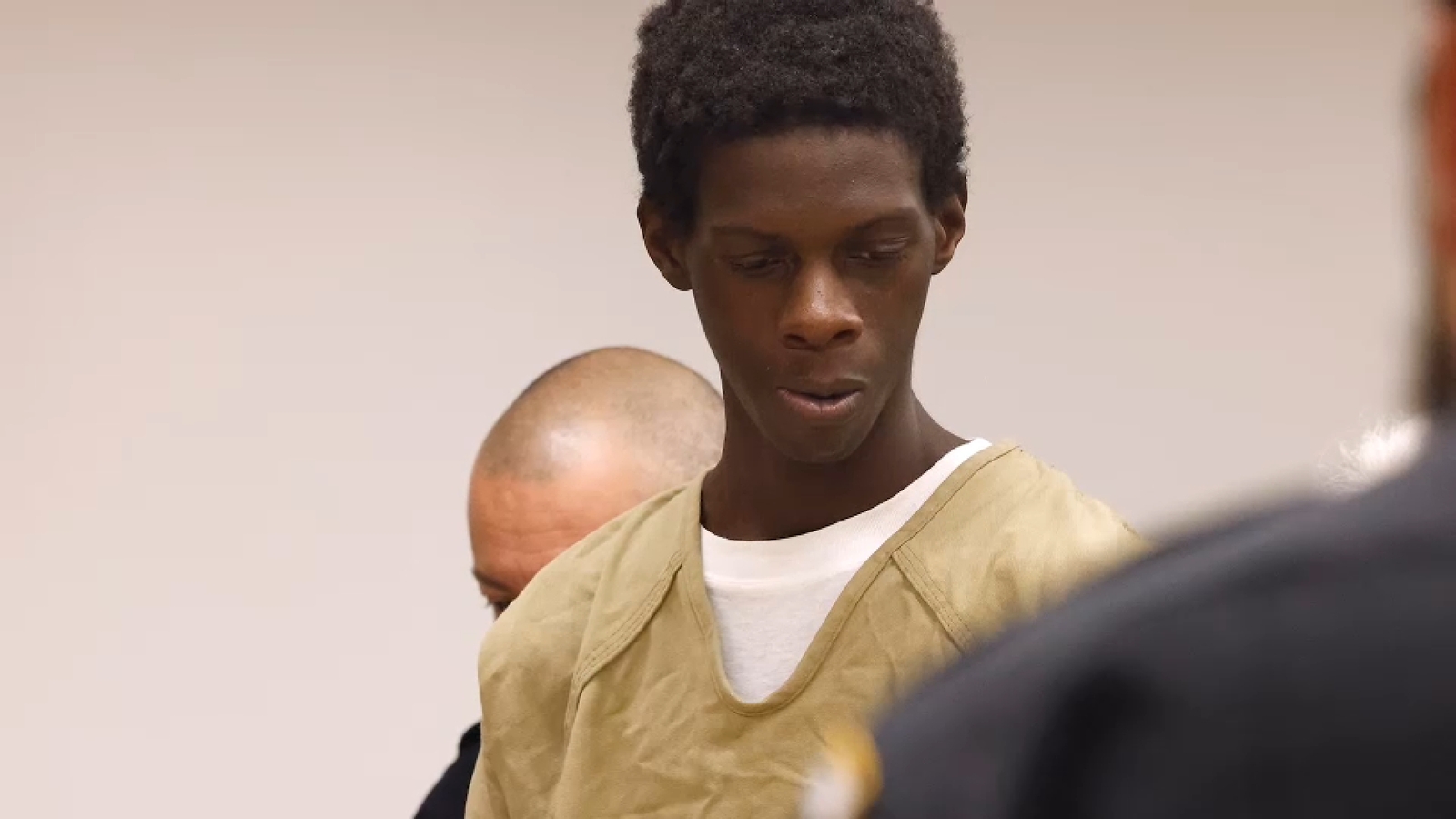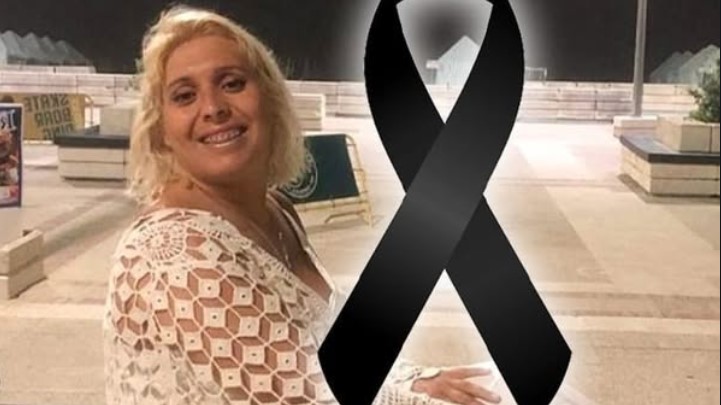In a devastating case that has rocked the Bronx, 20-year-old Arius Williams has been charged with the murder of his two-year-old son, Montreal. The horrifying incident allegedly unfolded when Williams threw his young son into the Bronx River, a moment captured on surveillance footage that has left the community and authorities grappling with grief, disbelief, and countless unanswered questions.

Montreal was last seen on May 10, during what should have been a routine visit with his father. However, tension had been building for days, culminating in a violent argument between Williams and the child’s mother during a Mother’s Day gathering. Following the dispute, Williams stormed off with his son, prompting concern from the mother. Despite her urgent warnings to authorities, police reportedly did not intervene, citing Williams’ visitation rights. This moment of inaction has since been heavily scrutinized, with many questioning whether this lapse contributed to the devastating outcome.
In the days leading up to the tragic event, witnesses described Williams as acting erratically, with behavior that suggested a deeper mental health crisis. His family had expressed growing concern about his well-being, but despite these warning signs, there was no intervention from the system meant to protect vulnerable individuals.

The case took a grim turn when Williams allegedly confessed to his mother that he had thrown Montreal off a bridge. Initially, he was arrested on charges of custodial interference, not for the child’s disappearance, which sparked public outrage. It wasn’t until a body, believed to be Montreal’s, was discovered wrapped in a blanket near the Whitestone Bridge that the truth of the tragedy was confirmed.

The heartbreaking case has brought to light significant concerns over mental health support and child protection services. Critics have called for immediate reform, urging authorities to take warning signs more seriously and to act swiftly in protecting children in potentially dangerous situations.
As the community mourns the loss of an innocent child, vigils have been held, and calls for accountability and systemic change are growing louder. The case of Montreal Williams serves as a tragic reminder of the vulnerabilities that exist in our society, especially for children, and the urgent need for reforms to protect the most innocent among us.

As the investigation continues, there remain lingering questions about the failures that allowed such a tragedy to occur—and how we can prevent this from happening again.






